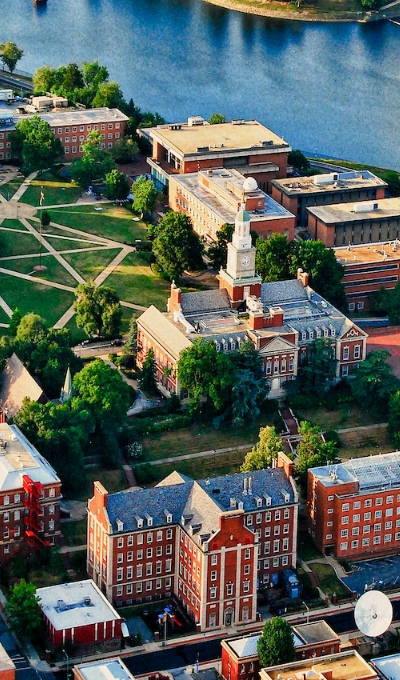Graduate Programs at HBCUs vs. Predominantly White Institutions (PWIs)
In terms of content, HBCU graduate programs and graduate programs at predominantly white institutions (PWIs) are generally the same. Deciding on an HBCU vs. a PWI depends on your own personal preference. Historically Black colleges and universities were born out of segregation to provide access to higher learning for Black Americans. While founded to educate Black students, the demographics of HBCUs have shifted to include students of all races and ethnicities. In 2015, 17% of enrolled students were white, Asian, Pacific Islander, Hispanic or Native American, according to Pew Research Center. Approximately three years later, non-Black students made up 24% of enrollments at HBCUs. Although not an official designation of any particular post-secondary school, the term “predominantly white institution” is used to identify institutions that serve a historically white demographic.


